A study in the February 2026 issue of Anesthesiology, the peer-reviewed medical journal of the American Society of Anesthesiologists (ASA), documents a steady rise in surgical patients who are being treated with medications for opioid use disorder (MOUD), which it says highlights a “gap between current surgical pain practices and…
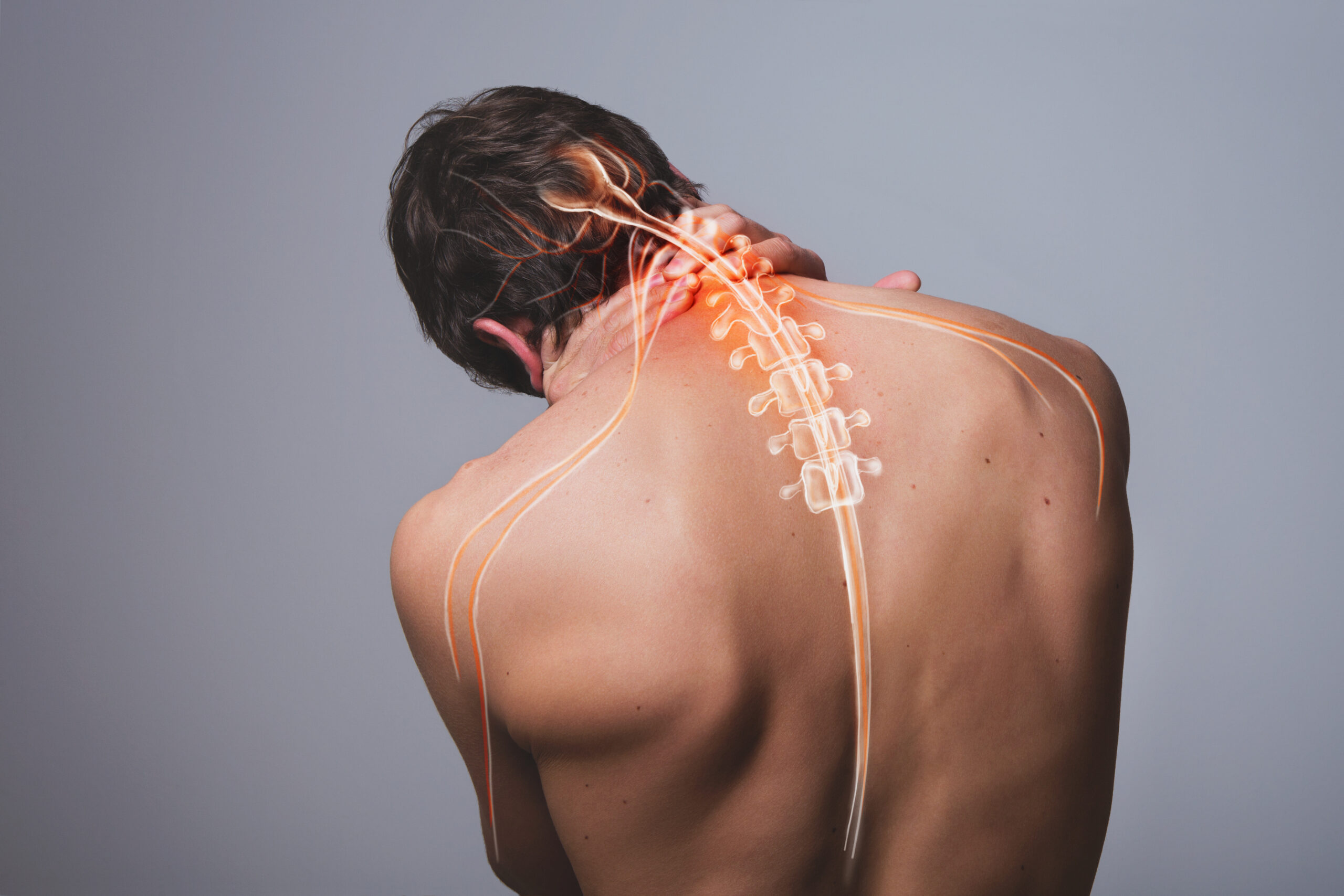
When it comes to treating chronic pain—or pain associated with surgery—clinicians are always looking for alternatives to opioids. “There are zero advantages to chronic opioid use,” says Earl Kilbride, MD, MHA, an orthopedic surgeon at the Austin Orthopedic Institute. While the US makes up about 4.4% of the global population,…
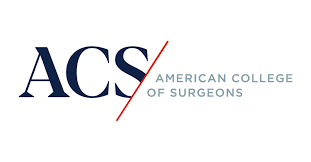
Editor's Note Robotic-assisted cardiac surgery is reshaping the field, enabling safer, less invasive procedures once deemed too complex for minimal-access techniques, the American College of Surgeons October 1 reports. Advances in high-definition visualization, wristed instruments, and surgical control are allowing cardiothoracic teams to perform intricate repairs through incisions often smaller…
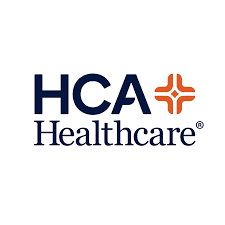
Editor's Note Cesarean delivery remains the most common major surgery in the US, but new evidence highlights its impact on recovery, pain, and sleep health for mothers. In an American Medical Association (AMA) interview published by HCA Healthcare Today on October 10 and new research presented at the ANESTHESIOLOGY® 2025…

Editor's Note Patients’ social conditions, language, and sleep patterns may play a larger role in surgical recovery than previously recognized, according to three studies presented at the ANESTHESIOLOGY® 2025 annual meeting that took place on October 10–14. Researchers from the University of California, San Diego, found patients facing food insecurity…

Editor's Note Surgeons across multiple disciplines are confronting a distinct wound pattern tied to xylazine-contaminated opioids and adapting management to avoid unnecessary amputations, the American College of Surgeons October 1 reports. These wounds can resemble necrotizing soft tissue infection at first glance, yet the clinical picture and trajectory differ, calling…
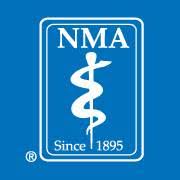
Editor's Note Medical and scientific groups across the US and abroad swiftly pushed back against President Donald Trump’s September 22 announcement that acetaminophen use in pregnancy may cause autism, with experts warning the claims are unsupported and potentially harmful. Trump, joined by HHS Secretary Robert F Kennedy Jr, also suggested…

By 2022, orthopedic procedures performed in ambulatory surgery centers (ASCs) were already outpacing expectations. For years, total hip and knee replacements were considered too complex for same-day surgery. Yet, total joints replacement volumes jumped nearly 200% between 2020 and 2022—outpatient total knee arthroplasty surged nearly 194%, while total hip arthroplasty…

Editor's Note A freezing technique applied during heart surgery is reducing pain, shortening recovery times, and minimizing the need for narcotics, News 9/CBS News August 13 reports. The procedure, called cryo nerve ablation, involves freezing nerves around the ribs to block pain signals for about 60 days. The nerves eventually…
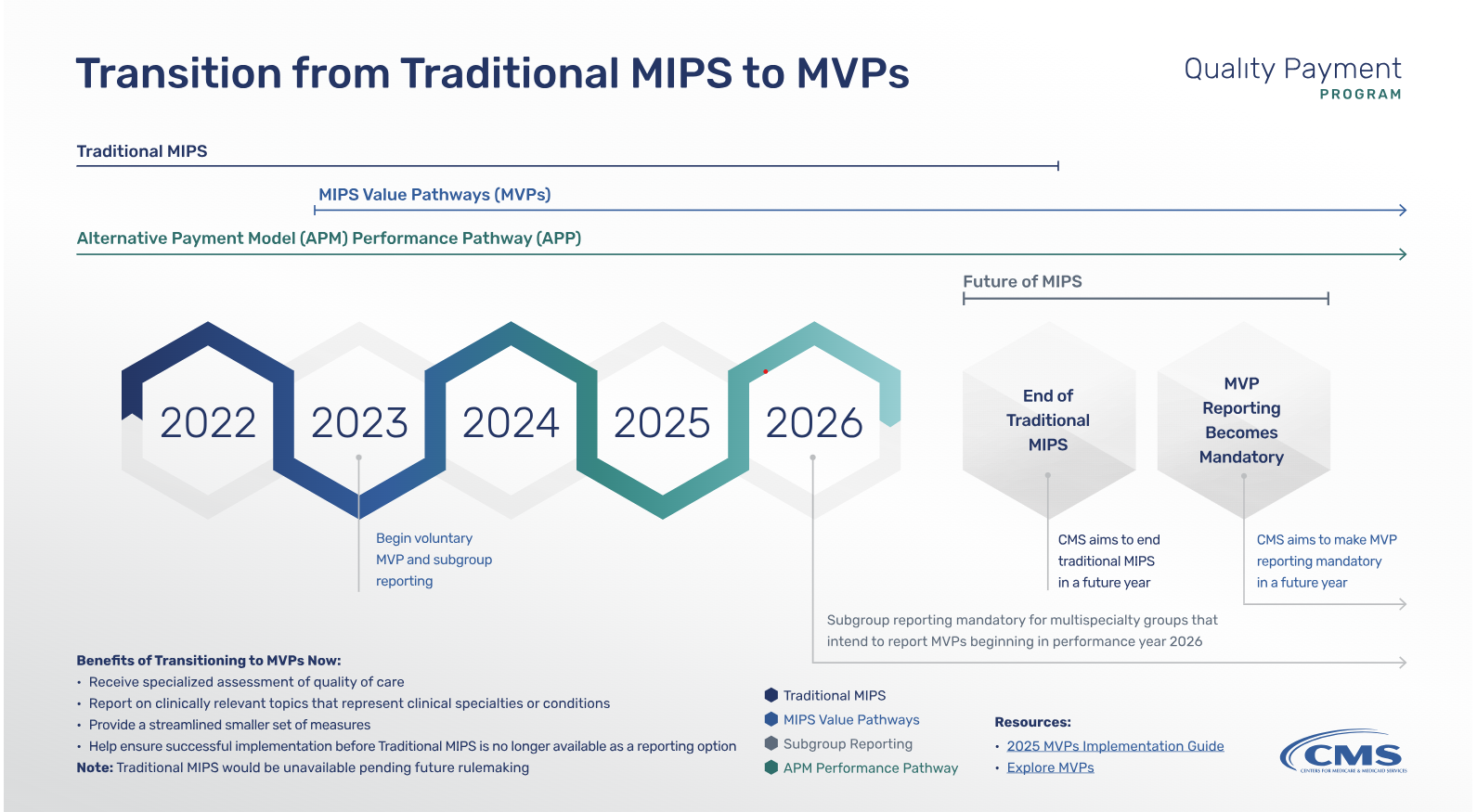
In July 2025, the Centers for Medicare & Medicaid Services (CMS) proposed sweeping changes to the Medicare Physician Fee Schedule for calendar year 2026. Among the most impactful updates is the launch of the Ambulatory Specialty Model (ASM)—a mandatory value-based payment program focused on heart failure and low back pain.…